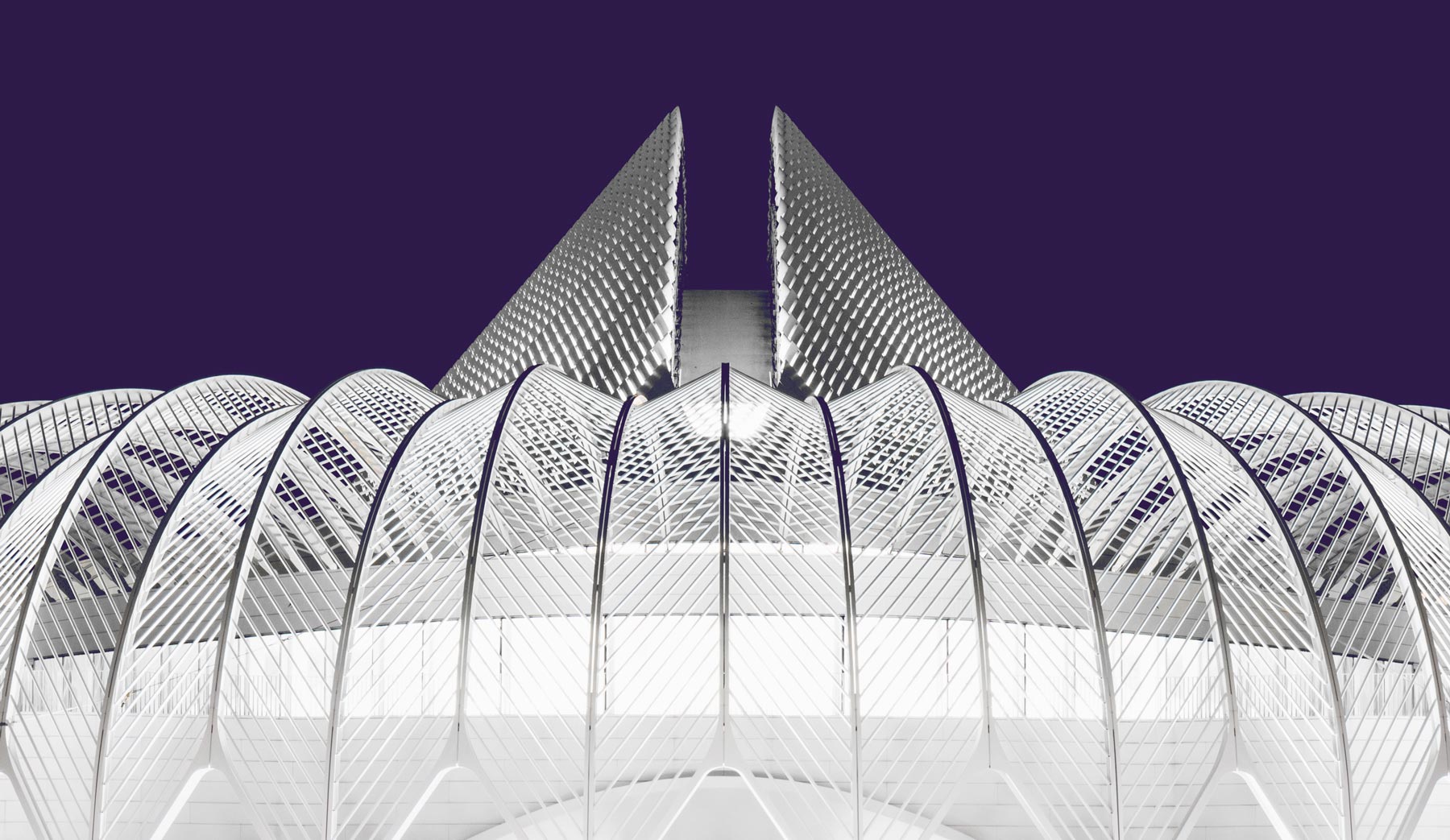Nearly every change in business, science and engineering involves mechanical engineers. The job is highly individualistic and flexible because it is so broad. That means job security and professional challenge for those willing to keep their knowledge and skills fresh and relevant.
On Campus
Mechanical & Industrial Engineering
120
Every Fall and Spring Semester
ABET Accreditation
The Bachelor of Science in Mechanical Engineering degree program provides a solid foundation in mechanics, thermodynamics, materials, and system design. Students can tailor their studies through a variety of upper-level technical electives such as Aerodynamics, Propulsion and Combustion Systems, Finite Element Analysis, Engineering Failure Analysis, Control System Design, and Computational Fluid Dynamics.
A defining feature of the program is its hallmark design sequence, which immerses students in project-based learning from early coursework through a yearlong senior capstone experience with real industry sponsors. These experiences develop technical competence, teamwork, and innovation skills that prepare graduates for diverse engineering careers or advanced study.
The Department of Mechanical Engineering offers a comprehensive curriculum (grounded in foundational mathematics and physics) that prepares you for professional work or further graduate study. You will gain experience with engineering computer software and a range of laboratory tools as you progress toward upper-level coursework and a yearlong senior capstone project.
Nearly every change in business, science and engineering involves mechanical engineers. The job is highly individualistic and flexible because it is so broad. That means job security and professional challenge for those willing to keep their knowledge and skills fresh and relevant.
According to the U.S. Bureau of Labor Statistics (BLS) Data, the employment of mechanical engineers is projected to grow 11 percent from 2023 to 2033, much faster than the average for all occupations.
About 19,800 openings for mechanical engineers are projected each year, on average, over the decade. Many of those openings are expected to result from the need to replace workers who transfer to different occupations or exit the labor force, such as to retire.
The median annual wage for mechanical engineers was $102,320 in May 2024. The median wage is the wage at which half the workers in an occupation earned more than that amount and half earned less. The lowest 10 percent earned less than $68,740, and the highest 10 percent earned more than $161,240.
At Florida Poly, our small campus environment fosters a unique approach to STEM education.
Through a curriculum that progresses from freshman to senior year, emphasizing project-based learning, individualized mentorship with faculty, required internships in high-tech industries, and culminating in a senior capstone design project, students are equipped with comprehensive skills and experiences, uniquely preparing them for success in the rapidly advancing tech landscape.
At Florida Poly, internships aren’t just encouraged—they’re a fundamental part of the educational experience. Mandatory for all students, these internships provide direct engagement with high-tech industry leaders. This immersive experience not only provides practical skills but also fosters crucial connections within the industry, frequently paving the way to future employment opportunities for our graduates.
Florida Poly’s capstone design course is the pinnacle of each students’ academic journey, consolidating their four years of learning into a single project. During their senior year, students in this course collaborate with peers from various fields to tackle real-world challenges supported by industry sponsors. Through this interdisciplinary approach, students not only apply theoretical concepts but also gain practical experience, preparing them for successful careers in their respective fields.
Armed with the knowledge and skills gained at Florida Poly, especially through internships and capstone projects, our alumni smoothly entered thriving careers in high-tech industries. These hands-on experiences offered invaluable insights and practical expertise, enabling our alumni to innovate and excel in dynamic, leading-edge settings, influencing the trajectory of technology.

The Bachelor of Science in Mechanical Engineering degree program provides a solid foundation in mechanics, thermodynamics, materials, and system design. Students can tailor their studies through a variety of upper-level technical electives such as Aerodynamics, Propulsion and Combustion Systems, Finite Element Analysis, Engineering Failure Analysis, Control System Design, and Computational Fluid Dynamics. A defining feature of the program is its hallmark design sequence, which immerses students in project-based learning from early coursework through a yearlong senior capstone experience with real industry sponsors. These experiences develop technical competence, teamwork, and innovation skills that prepare graduates for diverse engineering careers or advanced study.
Graduates are expected to be known for their accomplishments within a few years of graduation and they should demonstrate:
Upon completion of the mechanical engineering degree program, students will attain the following outcomes to be ready to enter professional practice of engineering.
Faculty to be listed here.

This session will demonstrate that practical risk management is for everyone, regardless of a formal program. Attendees will learn actionable and simple strategies that are easy to implement, enabling them to start immediately by focusing on their top risks to build greater operational resilience and ensure the sustained success of their auxiliary enterprises.
Michelle Powell serves as the pioneering Risk Manager at Florida Polytechnic University, the state’s sole 100% STEM-dedicated institution. Having been with the university for nearly 11 years, Michelle transitioned from a leadership role in Admissions in October 2023 to establish and evolve the risk management function from the ground up. In this solo capacity, Michelle builds robust frameworks for our dynamic, young university, overseeing our insurance portfolio, consulting on third-party and event risks, and developing critical campus-wide training programs. Michelle has obtained the Committee of Sponsoring Organizations (COSO) Enterprise Risk Management certificate and the Associate in Risk Management (ARM) and Construction Risk and Insurance Specialist (CRIS) designations. Her distinct background in mathematics and engineering, combined with extensive higher education leadership, brings an analytical and strategic approach enhancing the institution’s resilience.